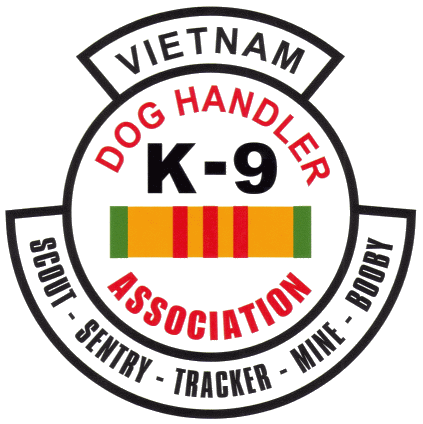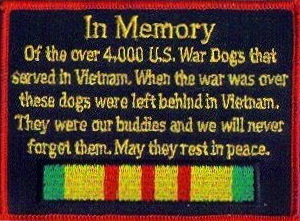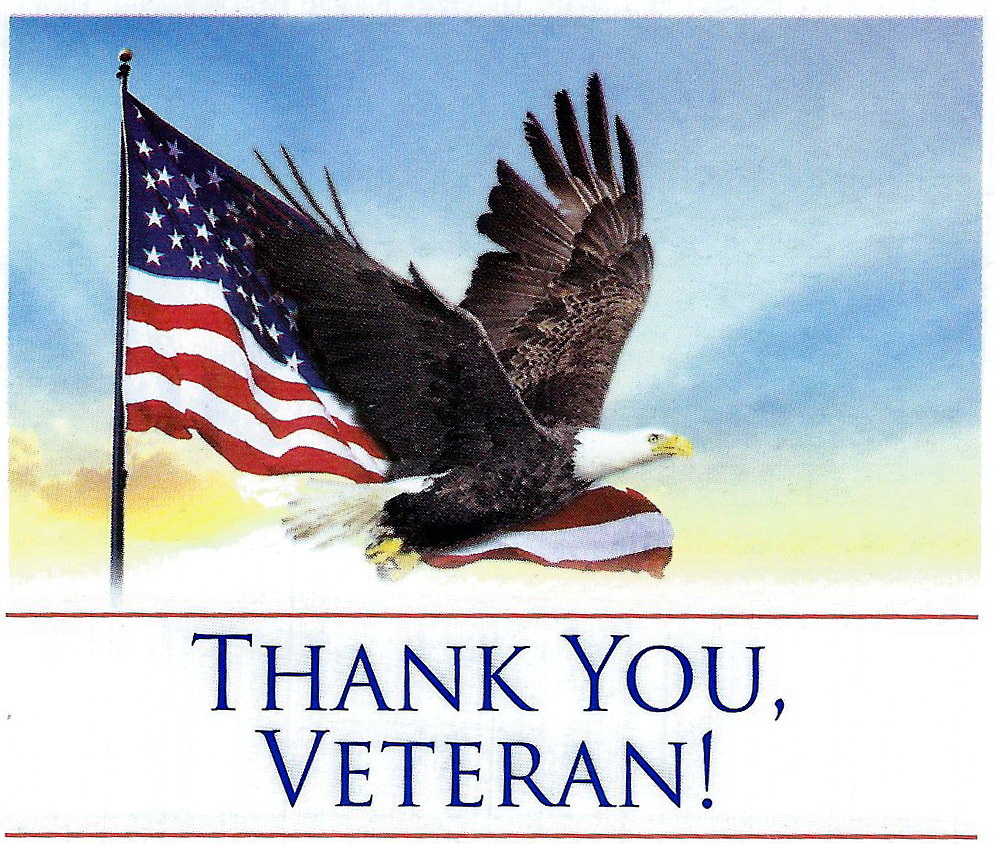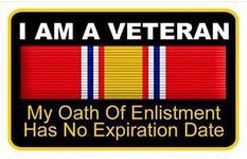Dogman - Volume 32/Number 4 - 12 /01/2025
2026 VDHA Reunion Set
in New Bern, NC
Steve Lemish, Dogman Editor
For as long as I can remember, going back to our
St. Louis Reunion, Dave Broeker was the webmaster of
our website and a fixture at every reunion along with
his wife Pat. They worked the front check-in desk and
managed the BX after unloading tons of inventory to
the hotels. He missed out on so many fun outings with
the rest of the guys because he worked right through so
the other officers and directors could enjoy the
reunion. Never a complaint or an excuse, he soldiered
on even working the evening events like dinners and
entertainment, making seating arrangements and
escorting people to their tables.
Dave joined the VDHA in 2001 and for 24 years did
not stop working. He was our webmaster from 2002
through 2023 when he trained Jim Stiles to take over.
Jim took over and became a great webmaster thanks to
a greater master. In 2010 he became our BX manager
and in 2023 he trained Mike Hurder to take his place
and Mike did a great job with it.For as long as I canFor as long as I can remember, going
VDHA dog handlers generally
get together every two years for
a reunion. We are excited to
announce our next reunion will be
held in beautiful New Bern, North
Carolina, from May 28th to May
30th, 2026.
As many of you know, our
reunions rotate across the country,
moving between East, West, and
Middle regions to make it easier
for more dog handlers to attend.
The upcoming gathering will
bring us to the East Coast,
offering a chance for members
from that area and beyond to
come together once again.
With each passing year, we
are keenly aware that our
numbers are dwindling. While we
cherish the memories of those
who are no longer with us, we
also recognize the importance of
the time we have left to connect.
These reunions offer a unique
opportunity to rekindle the
powerful bonds we forged during
our service in Vietnam, alongside
each other and our loyal canine
partners who stood by our side
and saved the lives of so many.
The reunion will be held at the
New Bern Doubletree by Hilton
(Waterfront) located right where
the Neuse and Trent rivers meet.
For those who are driving, the
Doubletree has free parking and
you can make arrangements with
the hotel to bring your dog. They
also have an outdoor pool.
Christophs on the Water has lunch,
brunch and dinner and room service
is available during limited hours.
Drinks are available at the
bar/lounge or at the pool bar. There
is a fitness center and smoking
areas.
Many of the rooms have
excellent views of the rivers and the
marina is steps away. It is close to
the city center, Tyron Palace and
Union Point Park. Marine Corps
Air Station, Cherry Point is down
the road about 30 minutes by car.
The nearest airport is Coastal
Carolina Regional Airport (EWN),
about three miles away by car. You
can also fly into airports at
Greenville, NC (48 mi),
Wilmington, NC (96 mi), Raleigh,
NC (131 mi), Myrtle Beach, SC
(176 mi), Richmond, VA (216 mi),
or Charlotte, NC (287 mi).
The Neuse River is the longest
river in North Carolina, stretching
248 miles. At its mouth, it is the
widest river in America at six miles
across. New Bern was the first
capital of North Carolina and has
historic charm. You can take a tour
of nearby Tyron’s Palace.
It was the Royal Governor’s Mansion
before the revolution and later
housed the state capital and beautiful
gardens. Pepsi-Cola was invented
there in 1898 by a local pharmacist
and you can visit the site, have a
Pepsi and get souvenirs.
Join us in New Bern to share stories,
photos, laughter, and camaraderie
with your fellow dog handlers who truly
understand the unique experiences
we shared. Let us honor the past and
create new memories together.
You can find details regarding
registration, accommodations, activities,
banquet, and meeting schedules are
displayed on pages 4-6 and you can
use the form on page 7 to register
for the reunion. More information
regarding the reunion, including
the reunion pin design contest,
voting for officers, awards and other
details will follow in future issues of
Dogman and on our website.
We hope to see you there.
Read More >> Dogman - Volume 32/Number 4 - 12 /01/2025
Calling All Unit Directors
By Ernie Ayala
For as long as I can remember, going back to our
St. Louis Reunion, Dave Broeker was the webmaster of
our website and a fixture at every reunion along with
his wife Pat. They worked the front check-in desk and
managed the BX after unloading tons of inventory to
the hotels. He missed out on so many fun outings with
the rest of the guys because he worked right through so
the other officers and directors could enjoy the
reunion. Never a complaint or an excuse, he soldiered
on even working the evening events like dinners and
entertainment, making seating arrangements and
escorting people to their tables.
Dave joined the VDHA in 2001 and for 24 years did
not stop working. He was our webmaster from 2002
through 2023 when he trained Jim Stiles to take over.
Jim took over and became a great webmaster thanks to
a greater master. In 2010 he became our BX manager
and in 2023 he trained Mike Hurder to take his place
and Mike did a great job with it.For as long as I canFor as long as I can remember, goinThe Vietnam Dog Handler Association has been
The Vietnam Dog Handler Association has been
around for about 35 years now. It has always been the
largest and oldest group around for military dog
handlers, past and present.
When I joined up back in 2000 I was so proud being
part of this organization because all the members did
what I did in Vietnam. When I was asked to be a unit
director for all Army Sentry Dog Handlers, I gladly
accepted the job. A few months later Jesse Mendez, the
living legend who started the Scout Dog Handling
School at Fort Benning asked me and the other unit
directors to go to our groups and raise enough money
to pay for our pedestals around the War Dog Memorial.
I had to raise $8,000 from members I hadn’t even
known yet from my units. Somehow all we unit
directors did it and were proud of our contribution
because of our own pride in the project. We attended
the grand unveiling at Fort Benning in 2003 and the
pedestals are still standing, despite several scares of
them being removed or relocated.
Members, I need you now to know exactly who
your unit director is. Is he still active? Is he still alive?
Our structure is in need of a Vice President of Units
and some fresh faces who want to keep the VDHA alive
and work to keep units up to date with what we do or
can do for them. We need unit directors to keep us
informed of their members when one dies. Get us an
obituary and a photo usually provided by the funeral
home.
These are so important to the membership because
these are our brothers and many knew them from past
reunions or even served with them back in the day.
As editor of my unit’s newsletter, every three
months I put in the obituaries of all our membership
and I usually include between 10-20 members per issue,
that’s 40-80 members a year! How do we do it? Our
webmaster Gary Smith has found just about every
member we have lost track of using an application that
zeroes in to a person matching a name, certain year born
and home state. If you want the name of this magic
application call Gary at (713) 614-2503. He uses it
sparingly because there is a monthly cost to this so its
best used when you have many names you wish to look
up. Once I printed three pages of obituaries and got a
call from one of our old timers how sad it made him to
see so many he knew. I try to limit it to two pages now.
Elections will be coming up. We need a VP of
Units, VP of Tracker Dogs, an Assistant Webmaster
and Unit Directors to represent every unit without one.
Please contact me if you are interested. (626) 862-2667.
If you know of a recent member who has passed away,
active or non-active, call me or any board member.
Merry Christmas, Happy Hanukkah and have a very
happy New Year.
Read More >>

























